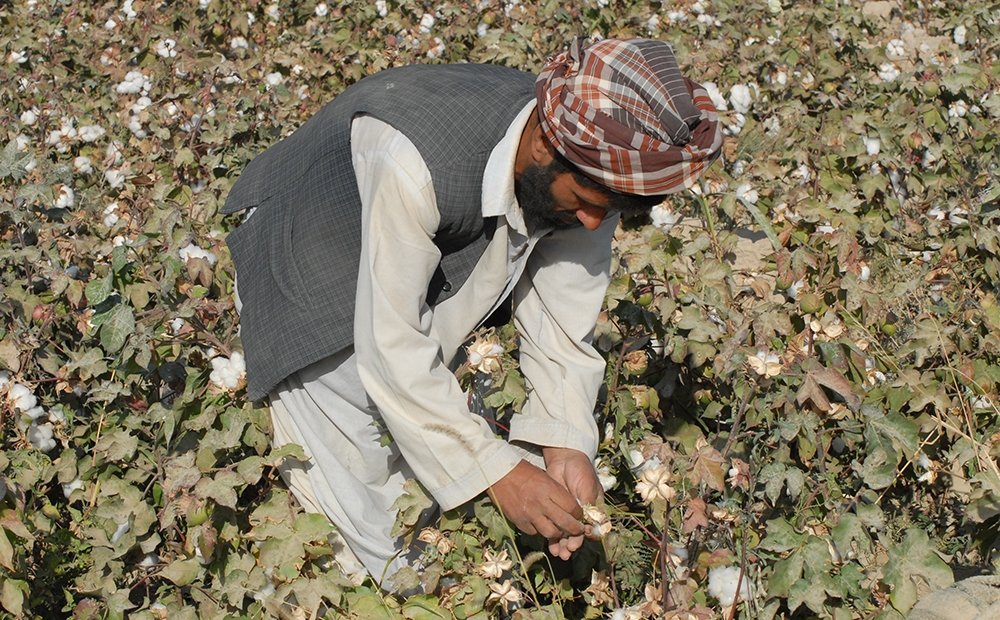What's Next for Afghanistan's Economy?

In recent years, as Afghanistan's security situation has suffered, its economy has struggled as well. Poverty has risen significantly, and a worsening drought has caused major damage to agriculture, a key economic sector. At the same time, there have been some successes, including drops in inflation and rising rates of revenue collection. Additionally, new customs policies and trade programs have expanded Afghan exports.
This event took stock of the state of Afghanistan’s economy, with particular focus on recent Afghan policy achievements; U.S. assistance efforts; and the major challenges that remain and how best to address them.
Selected Quotes
Ajmal Ahmady
"To make it easier to invest, we passed a 'new companies' law. Our previous law was literally the worst law in the world; we were tied with Somalia for the worst law in the world.”
“We’re not allowing Afghans' own money to be used in the development of Afghanistan, and I think that’s a mistake. Banks are there to take prudent risks. We had a big crisis, it’s been eight years or more. We need to recover from it [and] we need our banks to lend to create growth in Afghanistan.”
“If we’re not going to support Afghan farmers, the Taliban will, opium dealers will – and we’ve seen the explosion of opium growth.”
Karen Freeman
“From fruits and nuts to fabric and carpets to marble and onyx, these urban market centers have the potential resources for businesses and factories to process inputs, to get them to the airport.”
“Afghanistan’s targeted focus on exports has nearly doubled the value of exports since 2016, moving from around half-a-billion dollars to nearly one-billion dollars this year. It’s a dramatic increase, and one we didn’t expect.”
Earl Anthony Wayne
“The low growth is not just because of the lack of economic reforms. It’s also because of the deteriorating security situation and the political uncertainty that has been evident over the past year and is going to continue for a while, with presidential elections coming up.”
“The real long-term solution for Afghanistan, I think we all know, is returning to a situation where there is less fighting, more security, more political stability – and then there’s a real chance of a substantial peace dividend."
Speakers

Former Career Ambassador to Afghanistan, Argentina, and Mexico; Distinguished Diplomat in Residence, School of International Service, American University
Hosted By

Indo-Pacific Program
The Indo-Pacific Program promotes policy debate and intellectual discussions on US interests in the Asia-Pacific as well as political, economic, security, and social issues relating to the world’s most populous and economically dynamic region. Read more


Middle East Program
The Wilson Center’s Middle East Program serves as a crucial resource for the policymaking community and beyond, providing analyses and research that helps inform US foreign policymaking, stimulates public debate, and expands knowledge about issues in the wider Middle East and North Africa (MENA) region. Read more
